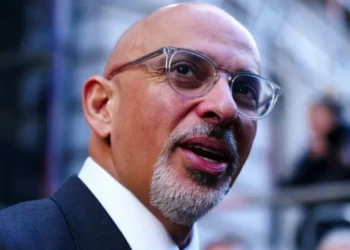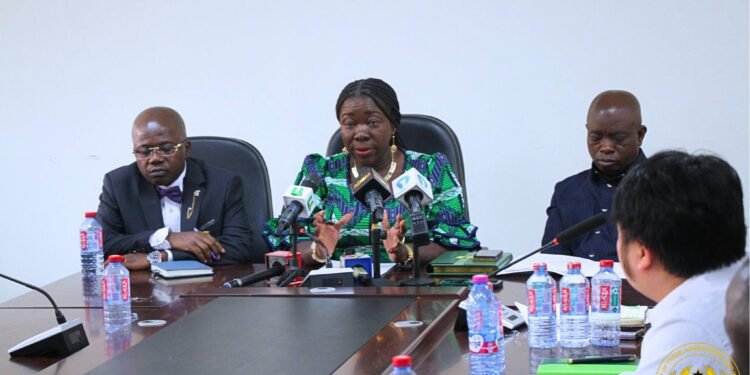Doug Beattie has stepped down as the leader of the Ulster Unionist Party (UUP), marking another significant turn in Northern Ireland’s politics.
The decorated military veteran made the unexpected announcement on Monday, citing “irreconcilable differences” with party officials as the primary reason for his resignation.
“It has not been easy and at times it has been both lonely and isolating,” Beattie, 58, admitted.
“I am no stranger to leadership and that is how it often feels, taking a toll both physically and mentally. It also strains friendships and political relationships.
“It is now clear that some believe the momentum needed to keep the Ulster Unionist Party moving in the right direction cannot come from me. Irreconcilable differences between myself and party officers combined with the inability to influence and shape the party going forward means that I can no longer remain the party leader.”
Doug Beattie
Beattie assumed leadership of the UUP in 2021, with a vision to rejuvenate the party. While he enjoyed support from UUP Stormont assembly members and various party members, not all shared his outlook.
“I hope they can see that in the long term, only an inclusive Ulster Unionist Party, promoting a positive message, can secure our future. I hope the new leader is given the freedom to act,” he said.
During his tenure, Beattie faced resistance from factions within the party, particularly concerning his advocacy for more liberal stances on social issues. His efforts to bring more women and fresh faces into leadership roles also met with challenges.
Beattie’s departure highlights the ongoing fractures within and among unionist parties, a situation that has enabled Sinn Féin to rise as the dominant political force in Northern Ireland, raising further questions about the region’s future in the United Kingdom.
Unionist Parties Face Leadership Turmoil
This resignation comes on the heels of another leadership upheaval in Northern Ireland’s unionist politics. Sir Jeffrey Donaldson resigned as leader of the Democratic Unionist Party (DUP) in April following allegations of historic sex offenses.

Under his successor, Gavin Robinson, the DUP lost three of its eight Westminster seats in July’s general election.
The UUP, which was once Northern Ireland’s leading unionist party, has struggled to regain its former dominance since being overtaken by the DUP in 2003. Despite a series of leaders, the party has been unable to reverse its electoral decline.
Beattie, who was awarded a military cross for his service as an army captain in Afghanistan, initially appeared poised to reverse this trend. His promotion of a more liberal and tolerant brand of unionism sparked what became known as the “Beattie bounce” in opinion polls.
However, the party failed to capitalize on the DUP’s internal struggles during assembly and local elections.
Beattie did receive praise for securing a Westminster seat, with Robin Swann winning in South Antrim, giving the UUP its first MP since 2017. However, critics argued this was insufficient and that the party remained directionless.
In his resignation statement, Beattie acknowledged that while gaining an MP and having a member elevated to the House of Lords were achievements, they were not enough to reverse the party’s fortunes.
“These are small successes on the back of a difficult electoral results with a lot of work still to do, particularly in border constituencies,” he said.
Hilary Benn, the Northern Ireland Secretary, expressed gratitude for Beattie’s leadership, stating, “It is clear that he has always sought to act in Northern Ireland’s best interests and I know he will continue to do so.”
Simon Coveney, Ireland’s former Foreign Minister, also praised Beattie, noting, “I always found Doug to be fair, tough when needed, reasonable, and positive.”
As the UUP contemplates its next move, it remains uncertain whether Robbie Butler, the party’s deputy leader and an assembly member for Lagan Valley, will step forward to contest the leadership position.
READ ALSO: Repeated Economic Crises and IMF Bailouts Reveal Policy Failings in Ghana























